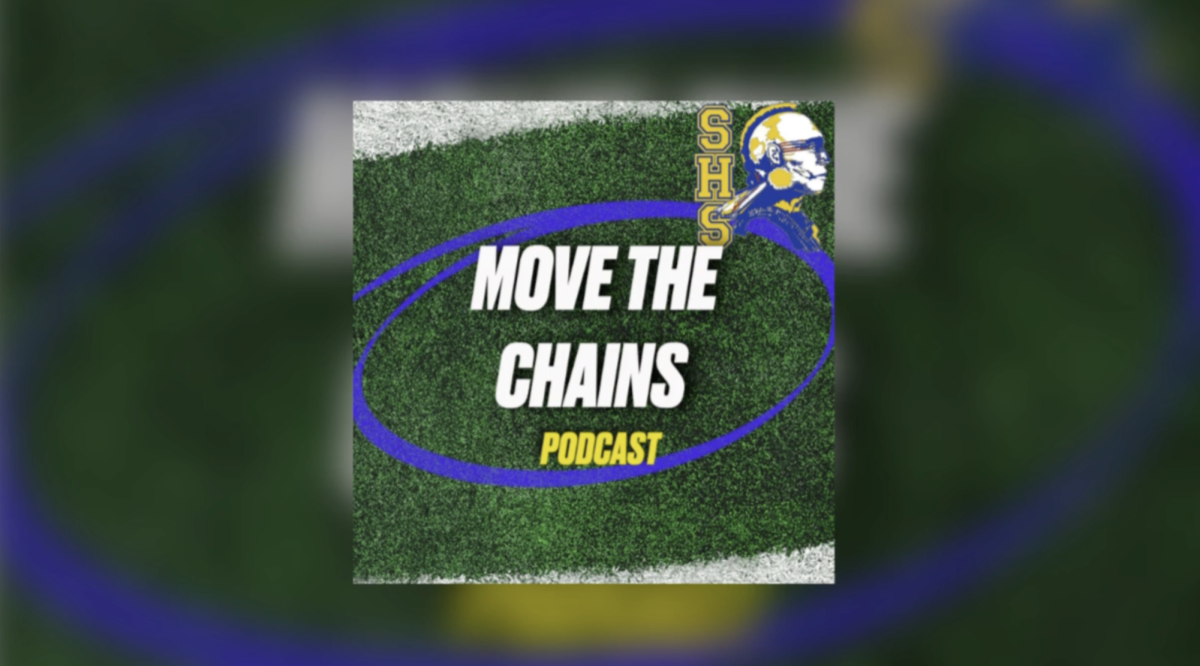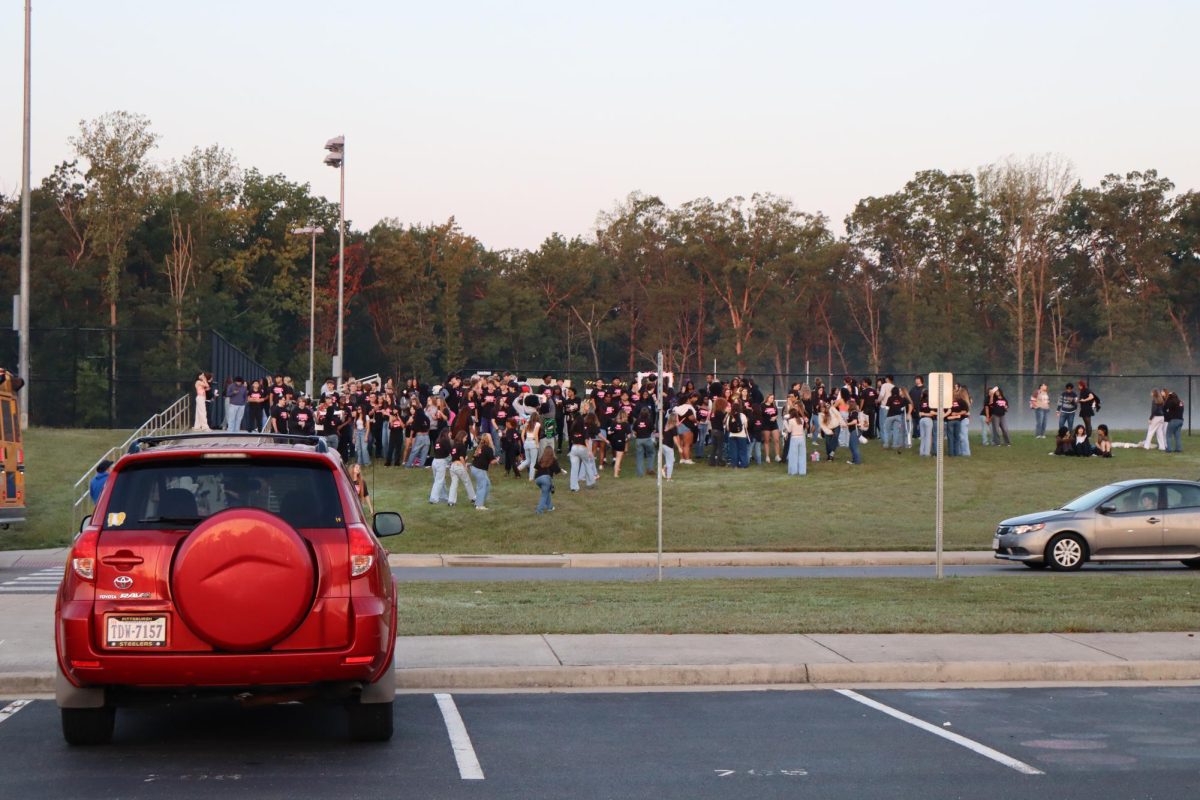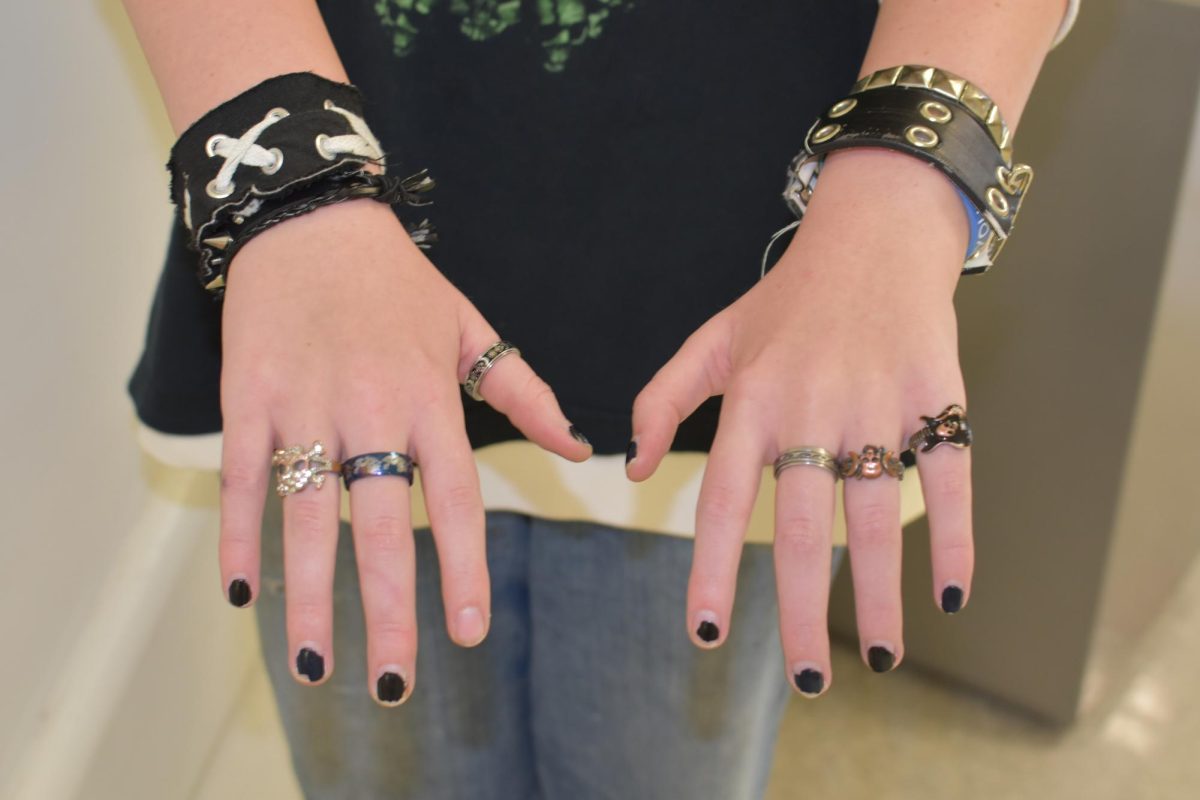We no longer communicate in person anymore. We speak in acronyms and abbreviations, with our fingers flying over letters on a keyboard. We highlight our greatest days on our phone screens, and make memories through facetime calls. We spend time with each other for instagram posts and not just for quality time. We have our best and worst moments through social media and not social interactions. Welcome to the wonderful world of social media; made for accessibility and convenience, but what happens when everything is too accessible, what kind of stories can we tell then?

Attending an American public school is quite the experience, but attending public schools where the majority of people have social media, that’s a different kind of pressure. Social media consumes the air around us, and with a tap on a phone screen you could post anything you wanted. Amirah Whitties, a sophomore at Stafford High School, has a lot to say about the things that are broadcasted on social media. “My opinion about social media is, I just feel like it’s toxic. It teaches young girls, especially black girls, to think that fighting is cute and that it’s something men want. I feel like it really takes away from how people see us. That is why they see us black girls as aggressive and such all of the time. We have to stop taking emotional stuff like that to social media,” Whitties complains. The power of social media can create an entire stereotype. It shows just how much we crave violence.
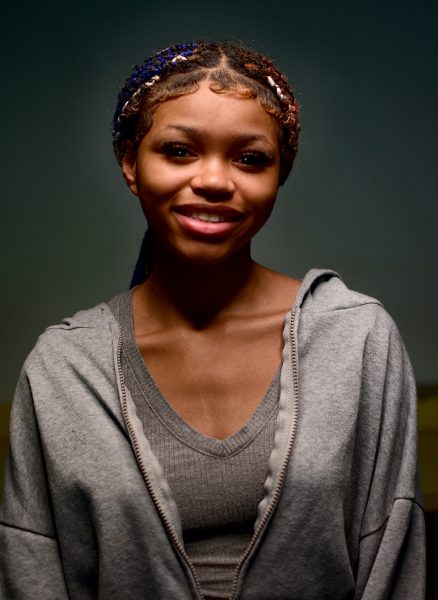
A digital footprint is the stamp you leave on this world forever – A mark etched between posts we see on the internet. Anyone can recognize you if they see you on social media, it follows you wherever you go. This is the exact case for Brea Baez, a sophomore at Stafford High School. “I would post a lot on Tiktok, and a lot of my friends now first saw me on there. They would be like ‘Oh, before I met you I saw your Tiktoks.’ At first it was scary because I didn’t know them, it just sounded weird. I would see girls in the bathroom and we would exchange compliments, ‘You’re so pretty,’ then they would be like, ‘Oh, I think I’ve seen you on Tiktok!’ It was really weird. It’s kind of like getting a weird, or backhanded compliment,” Baez explains, then proceeds, “It also makes me feel like I can’t post certain things, like me being weird. I’m afraid someone else is going to see it and then judge me. It makes me more careful about what I post,” Baez says.
Trusting people through social media isn’t always the best choice. Secrets can be screenshotted. Pictures can be saved to the camera roll, even when asked for things to be kept private. Behind a screen there’s no telling who’s lying. Abby Mann, a sophomore at Stafford High School talks about this, “Over social media, my friend sent this specific picture, if you know what I mean, to one of her friends. That friend spread it around, and it got around to many people in the school. She got bullied for it and she had to move,” Mann explains. On social media things aren’t always just between you and the person you sent them to. Trust is a very fragile thing, so when you hand over your trust through social media, just make sure you know that person’s intentions one hundred percent.
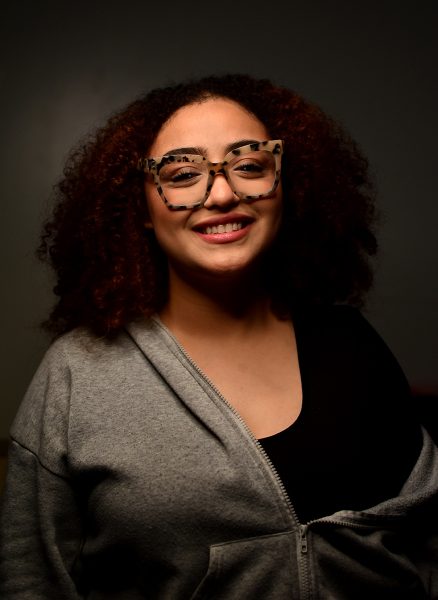
Anyone can get a hold of you if you have social media. All they have to do is search up your name, then it pops up. They follow you, then you accept the follow request; now they can text you whenever they want, about whatever they want. Anybody can text you about inappropriate things and post on their Instagram stories about you. This is what happened to Yoanni Vanegas, a sophomore at Stafford High School, “When I first got my social media, this guy followed me. He was like eighteen, and I was like thirteen. He hit my phone and I told him that I was thirteen, and he was just like ‘Oh, we can keep it on the DL, don’t nobody gotta know,’ then he proceeded to call me ‘Bae’ and post me on his story, knowing that I was thirteen. It was disgusting,” Vanegas says. This happens to a lot of young kids who have social media. They want all the followers they can get, so they don’t block someone who is being nasty and creepy. For any little kids out there, block anyone that makes you uncomfortable.

Keeping your accounts on social media private is an amazing way to brighten your experience. When your account is private you get to choose who you follow back and who can text you, therefore minimizing any unwanted incidents through social media. Addison Everett, a junior at Stafford High School, talks about her experiences while having private accounts. “My experience with social media is I found out that keeping my account private is my personal preference, throughout all of my social media accounts. I keep them all private, because I feel like people tend to overshare on social media. It creates this stigma against social media that leaves people with negative experiences, but I found that when I keep my account private, to just whoever I approve of, that I have had a more positive social media experience. I also feel like that helps keep me in a positive mindframe, because If I were to keep it public, then I think I would be subject to judgment, ridicule, and more negative experiences,” Everett explains.
At the end of the day, almost 90% of teenagers have social media in America. Social media flows through the school halls and brings our attention away from the world and to the universe inside of our phones. The fairytale of perfection inside of social media controls our perception of the world; the view we have on other people. We’ve all had our own interactions through every platform, whether it’s Instagram, Snapchat, Tik tok, or Twitter, somebody has a moment they can remember forever. Everybody has a story or two to tell.



